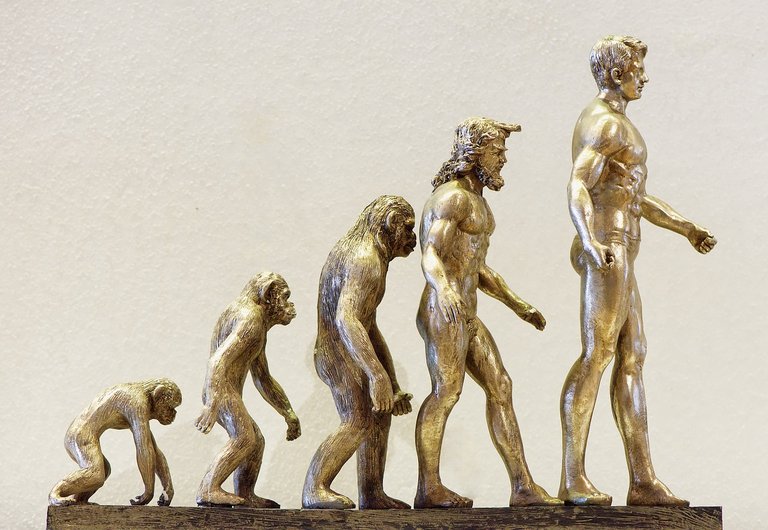The Nano of Life
Human evolution is not some magical thing that happens out of the blue. Thus, to predict or discuss where the next evolutionary trend will lead us, we must first understand what necessitated our evolution to where we are today.
The earliest set of the homo genus species to walk the earth, homo habilis, lived around 2.8 to 1.4 million years ago. They made way for the homo erectus, homo heidelbergensis and then to what we are now, homo sapiens. Each evolution, as clocked in history, is a strategic advancement that needed to happen at that time for the human species.
Several factors influenced the evolution from homo habilis to homo sapiens. These include climate change, social and cultural factors, diet and nutrition, tool use and technology, migration and geographic isolation, genetic variation and natural selection, and, definitely, brain development and cognitive abilities.
With the way the world is right now, it's easy to see how some of the above-listed factors can easily influence the present world. Homo habilis was the first to handle tools, and homo erectus migrated out of Africa to colonize the world. Their migration led to genetic divergence and speciation. And with the divergence over the years came the need to interact, which led to the development of complex language and cultures.
In a fast-changing world, the human species needed every ounce of its survival instinct to thrive. Homo sapiens emerged with the largest brain-to-body mass to counter the multitude of changes happening at the same time. And with those changes not showing any sign of stopping, we'll continue to evolve.
Recently, the noise about environmental pollution and climate change has cranked up a bit. Seems like the human race is now listening to the complaints of Mother Earth after all the damage we've done to it. Are we already too late and have set in motion what will eventually destroy the Earth? Who knows. But one thing is sure: people are already thinking about the possibility of leaving Earth for another planet.
With climate change biting hard, humans may need to evolve to combat it and other environmental stressors that may result from the years of damage we've done to the Earth's core. And one of the ways to combat that may be in the form of increased longevity. As in, medical and technological advancements may lead to increased lifespan, thus affording us more time to adapt to the rapidly changing environment.
In whichever way we go, one phenomenon that will be at the forefront of human evolution is science and technology. Thanks to those Siamese twins, we've gained a lot already (and destroyed a lot). Well, for the years to come, we'll gain more and destroy hell of a lot more. Either way, I'm fascinated with how things are getting smaller in recent times. I mean, look at the computer. There was a time when stuff was big. Now we have tiny gadgets doing the work of several computers.
With the nonstop movement towards a possible brain-computer interface, nanotechnology may be crucial in enhancing cognitive abilities and memory. It may lead the human race to a new evolutionary era.

Personally I believe the age of cyborgs is fast approaching and very soon skynet will take over the world like it did in Terminator 🤣🤣🤣
I am a big fiction fan
Well, I won't be surprised if some people are planning this considering what scientists have done before and still doing.
Personally I believe the age of cyborgs is approaching and very soon will see the return of a real life skynet like in the Terminator🤣🤣🤣.
Just kidding
I love your work though kudos
Thanks. Some tests were performed on humans towards this before, those trying to build super soldiers. So I won't be surprised if it happens.
Congratulations @mckane! You received a personal badge!
You can view your badges on your board and compare yourself to others in the Ranking